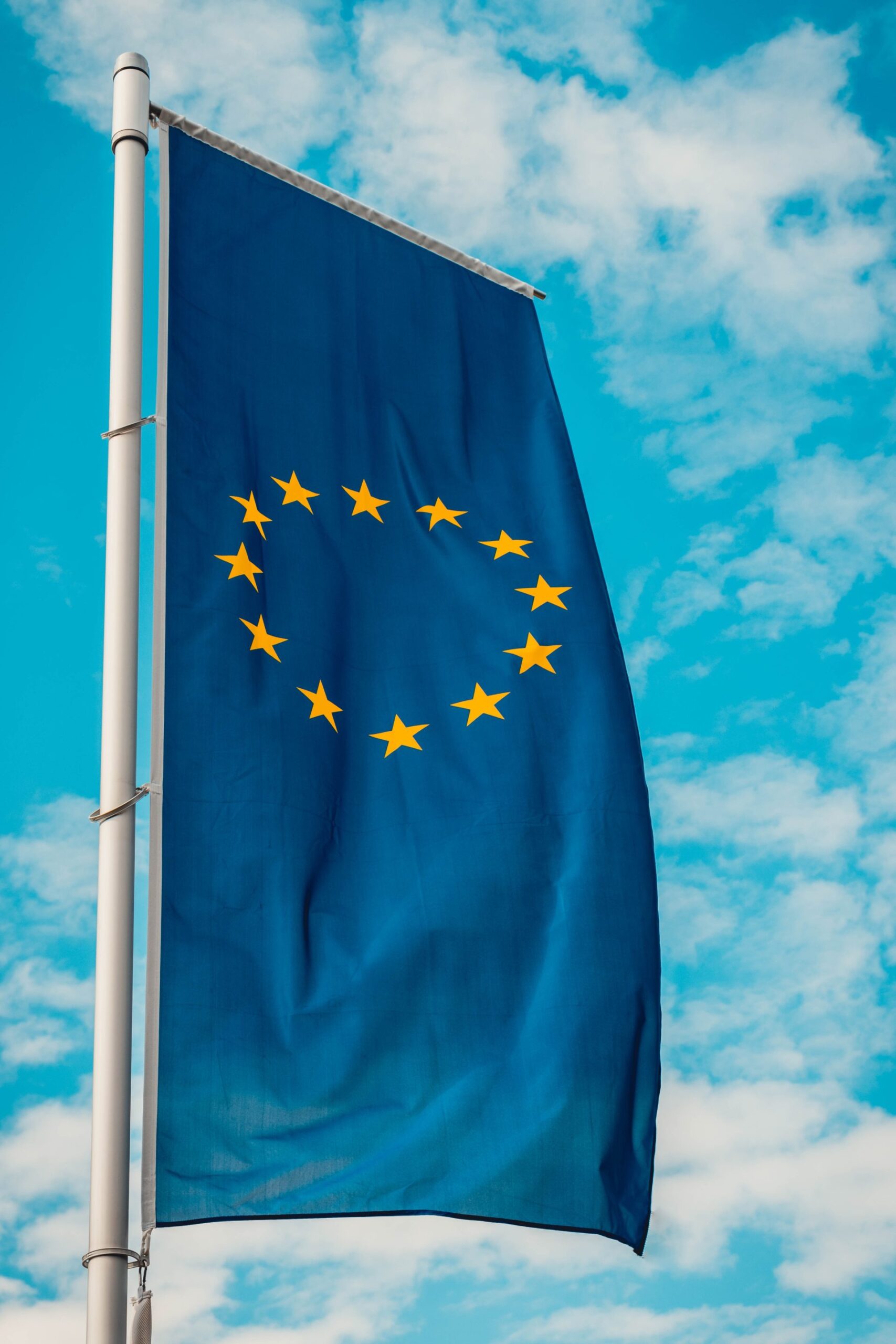This content was created by the Data Sharing Coalition, one of the founding partners of the CoE-DSC.
By Sander Middendorp, Chair of the Data Sharing Coalition
In February 2020, the European Commission (EC) presented its European Data Strategy which “aims to make the EU a leader in a data-driven society”. According to the EC, a single market for data enables data to flow freely within the EU and across sectors for the benefit of businesses. In this blog, on behalf of the Data Sharing Coalition, I explain why we support the European Data Strategy and how we see alignment of our own goals with this strategy.
Why the EC released a European Data Strategy
The European Data Strategy presents the EC’s views on policy measures and investments that are needed to enable the data economy for the coming years. The EC released this document because it considers data to be a crucial resource to economic growth, competitiveness, innovation, job creation and societal progress in general. The EU emphasises the need of a common European approach to the use of data in the digital economy, ensuring Europe’s global competitiveness and data sovereignty. This common European approach will ensure that more data becomes available for use in the economy and society, while keeping companies and individuals who generate the data in control.
In order for data to flow across sectors, the EU emphasises the importance of developing a single market for data in which rules with regards to privacy and data protection are respected. Moreover, rules for access and use of data need to be fair, practical and clear.
A shared goal of facilitating cross-sectoral data sharing
The Data Sharing Coalition supports the European Data Strategy, as we believe it is important to stimulate unified, secure and easy cross-sectoral data sharing. Moreover, we believe cross-sectoral sharing of data should always take place under the control of the entitled party. These key considerations are shared by both the EC and the Data Sharing Coalition.
The EC opened an online consultation for market players to share their view on the European Data Strategy and how to translate this strategy into concrete initiatives to shape Europe’s digital future.
We see alignment of our own goals with the European Data Strategy, which is why we participated in the online consultation. On top of that, we have released a response to elaborate on this alignment, in which we provide guidance on the operationalisation of the strategy.
Shaping a European strategy: four pillars
In its strategy the EU has categorised four pillars that contain deliverabes and goals that contribute to ultimately creating a unified market for data.
1. Pillar of governance The first pillar (”Governance”) highlights the need of a cross-sectoral governance framework for data access and use. This need is the result of an inconsistent approach to data sharing between sectors and between the Member States of the EU, causing fragmentation of the data sharing landscape.
2. Pillar of enablers In the second pillar (“Enablers”) the EC emphasises it is crucial to make strategic investments into the newest technology and capabilities, so called ‘enablers’. The EC considers investments in these enablers – varying from edge computing, quantum computing, cyber security, low-power processors to 6G networks – to be essential for the data infrastructure of the future.
3. Pillar of competences The third pillar (“Competences”) was included in the strategy to express the aim of creating a data literate Europe. The Commission emphasises the importance of European citizens becoming aware of data in general and the value it brings. Besides, it wants to enable citizens to maintain control over their own generated data. Now more than ever, European organisations need to recruit data specialists to work with data driven technology. Therefore, European funds will be used to help SMEs to build the competences to be actively involved in the data economy.
4. Pillar of data spaces The final and fourth pillar (“Data spaces”) was added to ensure the development of nine sectoral data spaces around a specific domain or sector. The Commission believes that promoting the sharing and usage of data between sectors can quickly lead to results. Furthermore, the Commission offers the possibility to consider specific characteristics of a sector.
Challenges with regards to cross-sectoral data sharing
In response to the European Data Strategy (see below), the Data Sharing Coalition has expressed the most common challenges our participants face in the facilitation of cross-sectoral data sharing. In short, our members see restrictions by current data access legislation, miss data interoperability and transfer mechanisms and see the lack of a clear definition of data access and control. Besides, our participants acknowledge a need for higher levels of digital trust for cross-sectoral data sharing, have addressed an increasing societal impact of data sharing and emphasise the need to foster collaboration between the public and private sector. In our response, we elaborate on how these challenges could potentially be dealt with.
Our expectations of the role the EU needs to take
To solve these challenges, participants of the Data Sharing Coalition see an important role for the EU, which is twofold:
- Coordinate the efforts towards data governance and standardisation to reduce current market imbalances and platformisation of the data economy.
- Finance initiatives and programmes working on data technologies where clear business models may not exist yet, but which use and contribute to the evolution of the unified European approach towards data sharing.
Alignment of the European Data Strategy with our own goals
The Data Sharing Coalition continues to build on existing data sharing initiatives to unlock significant economic and societal value. Maintaining control over data by the entitled parties and stimulating data sharing between organisations in different sectors and domains should be leading while working towards the unified approach for data sharing.
In a formalised, use case led and phased co-creation process, the Data Sharing Coalition works (2020 – 2025) towards a generic Trust Framework for cross-sectoral data sharing. This framework consists of generic agreements and principles, enabling self-regulation and interoperability between data sharing initiatives
Each of the pillars of the European Data Strategy contains deliverables and goals that are directly relevant to the Data Sharing Coalition and its goal. The Data Sharing Coalition welcomes the alignment between its own goals and those of the European Commission and is looking forward to contribute to the further operationalisation of the European Data Strategy.
Would you like to know more about our view on how the European Data Strategy can be operationalised?




